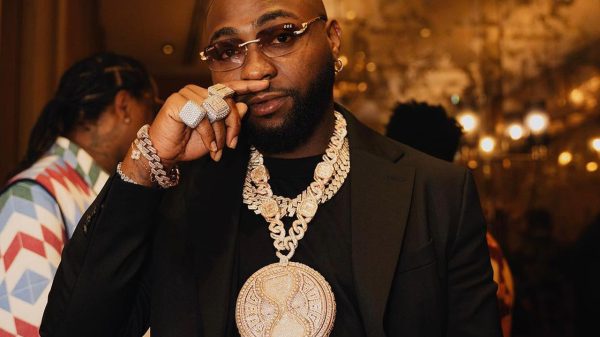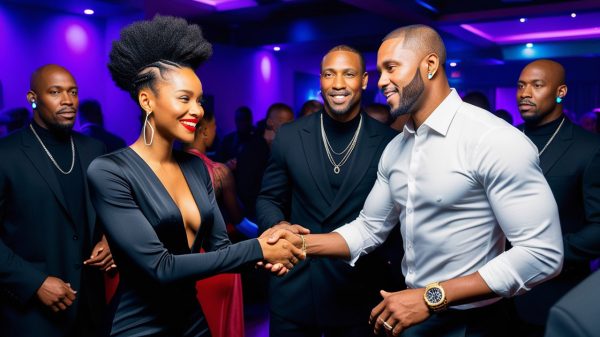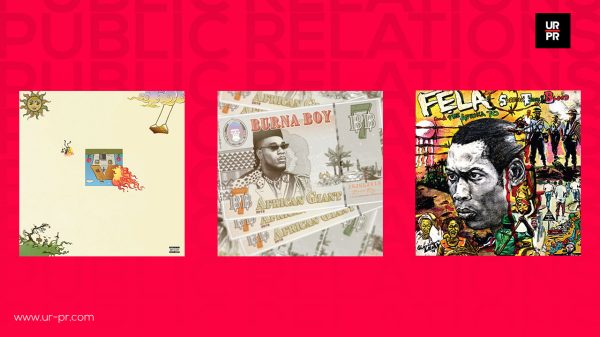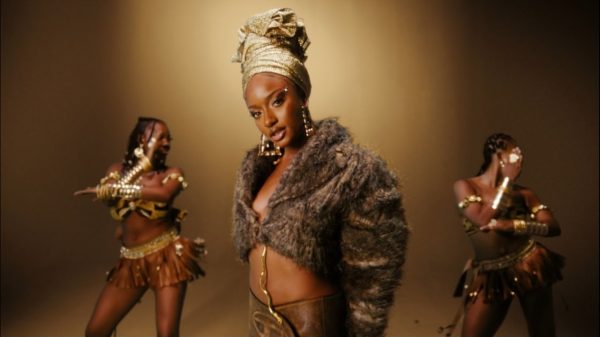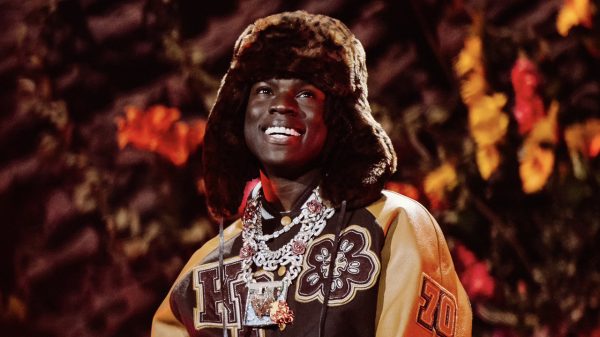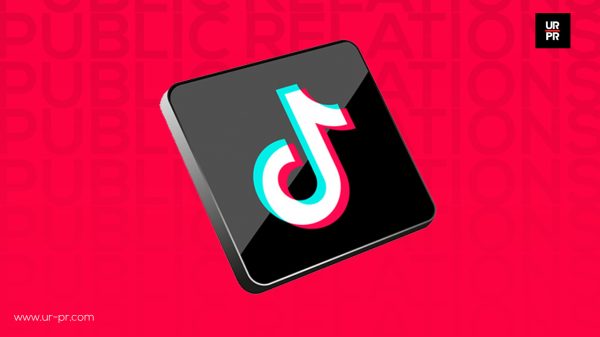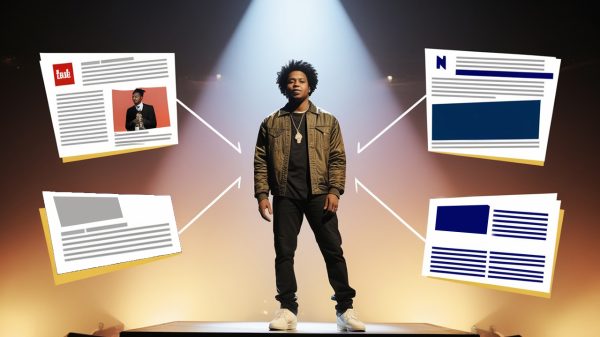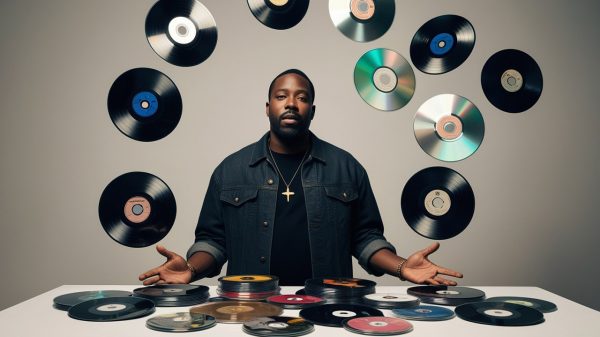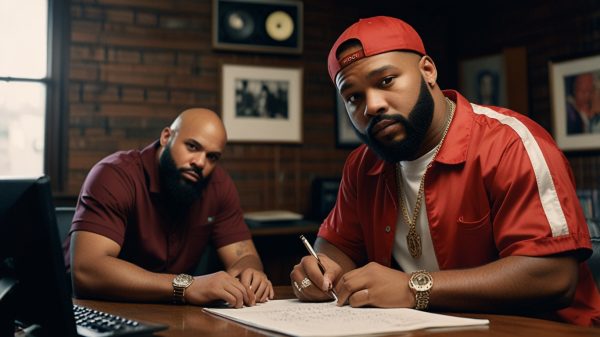Entertainment lawyers play a vital role in the music industry, guiding artists, producers, managers, and record labels through a maze of complex legal matters. Here are ten key issues they tackle to protect their clients’ rights and interests:
1. Copyright and Intellectual Property Protection
Protecting an artist’s original works, including songs, lyrics, album art, and trademarks, is crucial. Lawyers ensure clients retain ownership and control over their creations and help register copyrights and trademarks to prevent unauthorized use.
2. Contract Negotiation
Contracts are a core part of the music business, whether for recording, publishing, management, or touring. Entertainment lawyers review, draft, and negotiate contracts to secure favorable terms and prevent unfair or exploitative clauses.
3. Royalties and Revenue Sharing
Determining fair royalty rates and revenue splits is essential for artists, songwriters, and producers. Lawyers help clients secure accurate payment structures and monitor royalty payments to ensure compliance with contract terms.
4. Music Licensing
Licensing songs in films, commercials, video games, and other media requires careful legal oversight. Entertainment lawyers negotiate and draft licensing agreements to maximize revenue while ensuring the artist’s music is used appropriately.
5. Image Likeness Rights
Musicians’ images, names, and likenesses are valuable assets. Lawyers assist in protecting these rights and structuring endorsement deals, merchandise agreements, and branding partnerships to maintain control over how the artist’s identity is used.
6. Dispute Resolution and Litigation
From royalty disputes to copyright infringement claims, conflicts in the entertainment industry can be complex. Lawyers handle arbitration, mediation, or litigation to resolve disputes and defend clients’ interests.
7. Touring and Performance Agreements
Touring involves significant logistical and financial commitments. Lawyers review contracts with venues, promoters, and sponsors to ensure fair terms and manage risks related to cancellations, safety, and revenue.
8. Publishing Rights and Administration
Music publishing is a key revenue stream for songwriters and composers. Entertainment lawyers help clients understand and manage their publishing rights, register works, and secure income from mechanical, performance, and synchronization royalties.
9. Management and Agency Agreements
Musicians often work with managers and booking agents who take a percentage of their income. Lawyers review these agreements to set boundaries, define responsibilities, and prevent conflicts of interest.
10. Digital Rights and Streaming Issues
The rise of streaming has introduced new challenges in rights management and revenue. Lawyers ensure artists receive fair compensation for digital plays and address issues around digital distribution, piracy, and platform agreements.
Final Thoughts
By handling these issues, entertainment lawyers ensure that artists and industry professionals are legally protected and set up for sustainable careers. Their expertise helps musicians focus on their art while navigating the legal complexities of the music industry.

